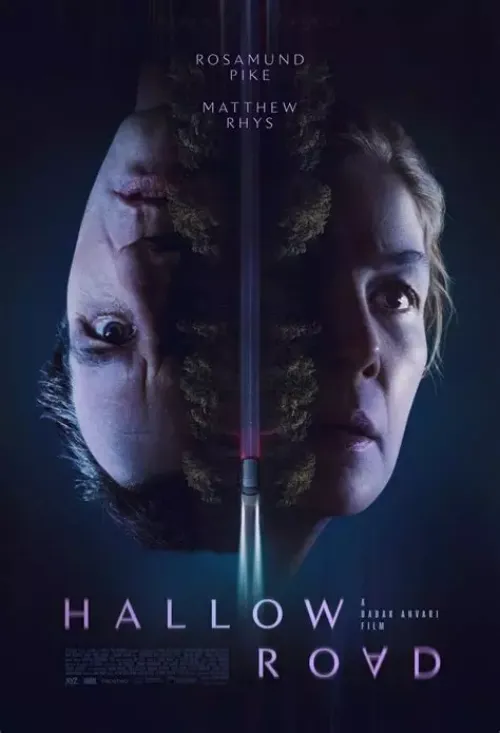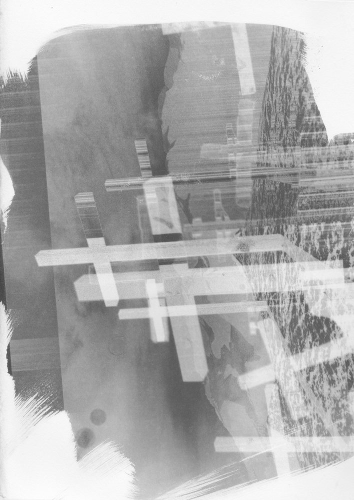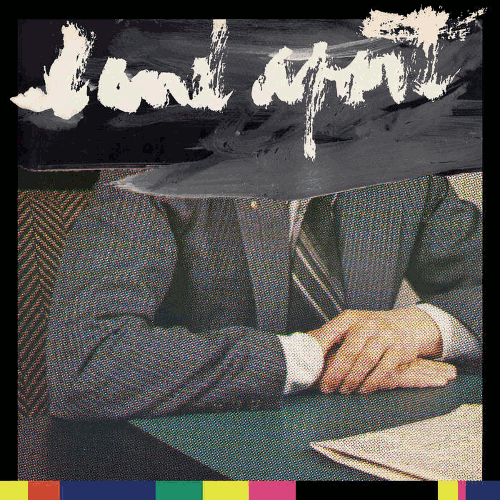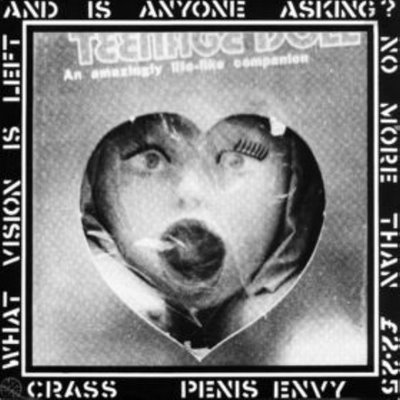 Hallow Road is an eerie, claustrophobic thriller about a couple speeding to the rescue of their daughter, who’s been involved in a car crash, and all the while their own fraught conversations unearth long-buried resentments that could tear them all apart before they’re even reunited.
Hallow Road is an eerie, claustrophobic thriller about a couple speeding to the rescue of their daughter, who’s been involved in a car crash, and all the while their own fraught conversations unearth long-buried resentments that could tear them all apart before they’re even reunited.
The stranded offspring is unseen outside of the smiley picture on the smartphone through which we her terrified voice in cruel juxtaposition. We too are trapped in the car with her parents for the duration of this ongoing family argument, our only breathing space between the cluttered close-ups the odd telling image warped by wide-angle lenses.
The camera starts by prowling around the house like a detective around a crime scene, lining up all the little clues for us to figure out the domestic situation for ourselves. When Mum and Dad realise their predicament, it switches to a shaky handheld mode that unsettles expository dialogue scenes and introduces an element of dangerous uncertainty into this cosy, warmly-lit home.
Once we’re outside, the car ploughs its lonely furrow through an infinite oppressive night that might contain all manner of threats, real or imaginary. The deepest, most primal areas of our minds are enticed into a creeping terror that pushes hard against the boundaries of the film’s determinedly small scale.
Rosamund Pike’s cool, rational professionalism works perfectly at odds with Matthew Rhys’s tendency to panic in a crisis, and it would take a meat cleaver to cut the tension between them. They’re the engine that keeps the emotionally charged thrills piling up, but William Gillies’s terse script drip-feeds further details, cranking up that tension as Mum and Dad slowly reveal their darker depths. It’s just a shame he felt the need to tack on an unnecessary coda spelling out the moral of his story.
Babak Anvari directs Hallow Road with the thwarted urgency of helplessness, obviating any need to cut away to the accident itself, or to punctuate with exterior shots of the car speeding by, blowing up a tiny tornado of dead leaves in its wake. With such intense and convincing actors at his disposal, he makes an unnerving virtue out of the physical limitations he’s imposed on himself.-Stew Mott-



